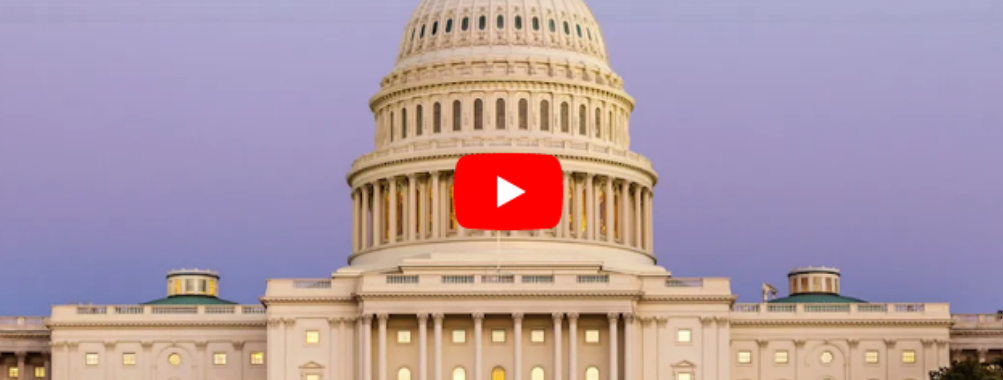Louisiana Passes Abortion Pill Reversal Law Similar to Arkansas’

Recently pro-lifers in Louisiana passed a law addressing abortion pill reversal in their state.
The law is similar to legislation that Arkansas passed in 2015 and 2019, and it is slated to take effect in Louisiana on August 1.
The RU-486 chemical abortion regimen uses two pills to poison and expel the unborn child. Research indicates that if a woman takes the hormone progesterone after receiving the first RU-486 pill, the progesterone can counteract the abortion drug and save the baby’s life.
A 2018 study concluded that chemical abortions could be reversed 64% – 68% of the time using this method — with no apparent risk of birth defects.
This process has been used to save the lives of hundreds of unborn babies whose mothers regretted their abortions after taking the abortion pill.
In 2015 Arkansas passed an informed-consent law requiring abortion clinics to tell women that chemical abortion can be reversed, but that time is of the essence. Act 522 of 2019 improved upon this good provision in state law.
Louisiana’s new pro-life law is very similar to the legislation that Arkansas enacted in 2015 and 2019. Just like Arkansas’ laws, it requires abortionists to give women information about abortion pill reversal.
This is another example of states continuing to fight abortion through good, pro-life legislation.




